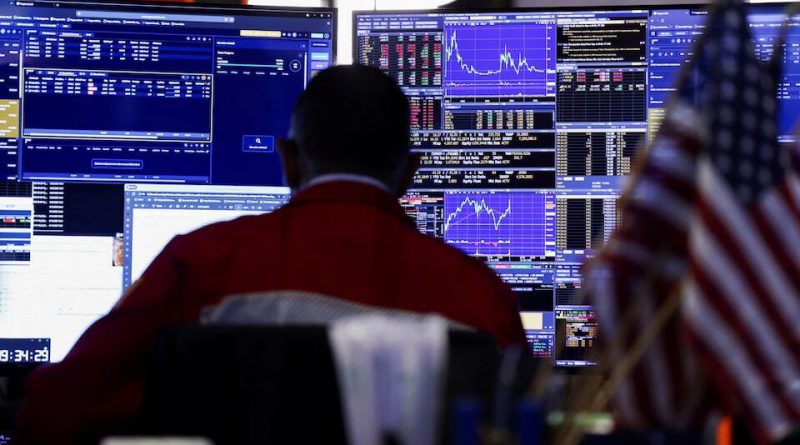Stock Market Sees Brief Pause as Investors Stay Confident in Long-Term Growth
After a minor dip, U.S. markets remain on a strong upward path. Investors view the pullback as a healthy correction and a sign of continued confidence in the economy, innovation, and long-term financial stability.
The U.S. stock market has recently experienced a short pause in its upward rally. However, investors and analysts see this as a temporary correction rather than a warning of any lasting downturn.
Despite a slight 2.4% decline in the S&P 500, the broader sentiment across Wall Street remains optimistic. Experts say that market movements like this are natural after a long stretch of record gains and high valuations.
Financial strategists describe this phase as a “healthy breather.” It reflects normal investor behavior—some profit-taking after months of strong growth driven by technology and artificial intelligence stocks.
Raheel Siddiqui, senior investment strategist at Neuberger Berman, compared the market to a car slowing down to maintain balance before speeding up again. He emphasized that the fundamentals remain strong and that the conditions for a major downturn simply do not exist.
Market analysts believe that volatility is normal and often beneficial in the long run. It allows for adjustments, renewed confidence, and opportunities for new investors to enter the market at better valuations.
The Federal Reserve’s easing of financial conditions, along with the robust U.S. economy, continues to support investor optimism.
This environment encourages risk-taking and innovation across sectors, especially in emerging fields like artificial intelligence and clean technology.
Chris Dyer, co-head of Eaton Vance Equity, said investor sentiment remains steady and positive. He noted that while short-term fluctuations are possible, the market’s underlying strength remains unchanged.
According to experts, this brief pullback is part of a return to the “old normal.” After months of unusually steady gains, the market is readjusting, reminding investors that slight dips are a routine part of financial cycles.
Mike Reynolds, vice president at Glenmede Wealth Management, explained that recent volatility doesn’t reflect any fundamental weakness. Instead, it shows that the market is functioning as it should—correcting itself naturally after periods of strong performance.
U.S. stocks ended the week mixed, with the Dow Jones and S&P 500 posting modest gains, while the Nasdaq saw a small decline. Experts agree that such balance across indices suggests stability rather than fragility in the financial system.
Tobias Hekster, co-chief investment officer at True Partner Capital, highlighted that what the market is seeing is minor “profit-taking.”
He noted that no signs indicate any deep correction or unwinding of long-term investment trends.
Several portfolio managers have advised investors to remain calm and focused on the bigger picture. David Wagner, from Aptus Capital Advisors, warned against reacting emotionally and pulling money out of the market too early.
For many analysts, this period offers a valuable buying opportunity. The temporary dip allows long-term investors to purchase high-quality stocks at slightly lower prices, strengthening their portfolios.
Phil Orlando, chief market strategist at Federated Hermes, said small fluctuations should be embraced, not feared. He believes such movements can lead to renewed market momentum and fresh waves of investment in coming months.
The strong fundamentals of the U.S. economy continue to drive optimism. Rising employment, steady consumer demand, and ongoing technological investment have built a solid foundation for sustained growth.
Experts agree that innovation in AI, renewable energy, and digital finance will keep fueling the markets. Even short pauses like this one are seen as a natural part of the long-term journey toward greater financial prosperity.
Overall, the U.S. stock market remains resilient and forward-focused. Investors are maintaining confidence, driven by strong fundamentals, adaptive strategies, and the powerful spirit of economic growth that defines American enterprise.



